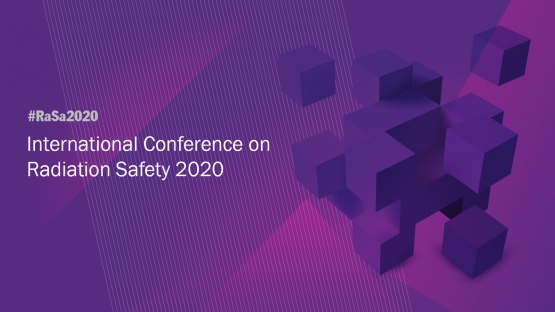After two weeks of online discussions at the International Conference of Radiation Safety, more than 2000 participants including experts from 140 Member States and 13 International Organizations, agreed on key areas in radiation protection.
Participants agreed that addressing concrete areas such as applying the core radiation protection principles more consistently, a more integrated public communication, and having a strong safety culture, are essential to sustain and improve the protection of workers, patients, the public and the environment from the harmful effects of ionizing radiation.
This consensus is a result of the feedback and live discussions of regulators, operators, radiation safety experts, researchers, among others. During the conference, they shared their experience in applying the current system based on the IAEA International Basic Safety Standards (BSS) on Radiation Protection and Safety of Radiation Sources in their countries.
“Radiation safety system based on BSS is fundamental to many of the Agency’s activities and it is a core discipline that we promote strongly in all Member States,” said Juan Carlos Lentijo, IAEA Deputy Director General and head of the Department of Nuclear Safety and Security. “This is not just a technical issue, but an issue that touches also on public acceptability, openness and transparency and effective communication. We should not underestimate the challenge, failure to succeed will impact negatively on all societies. We hope that these key areas will help everyone tackle some of the challenges ahead of us in the next decade.”








